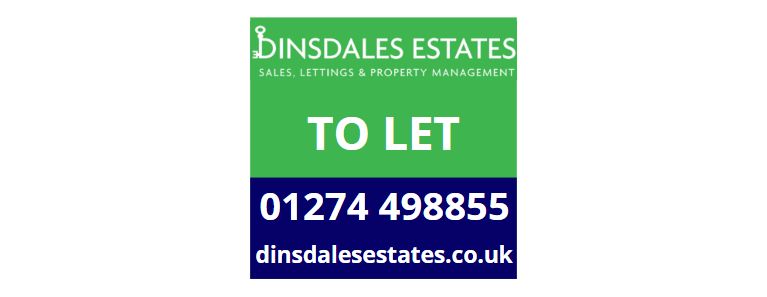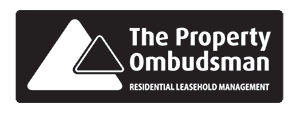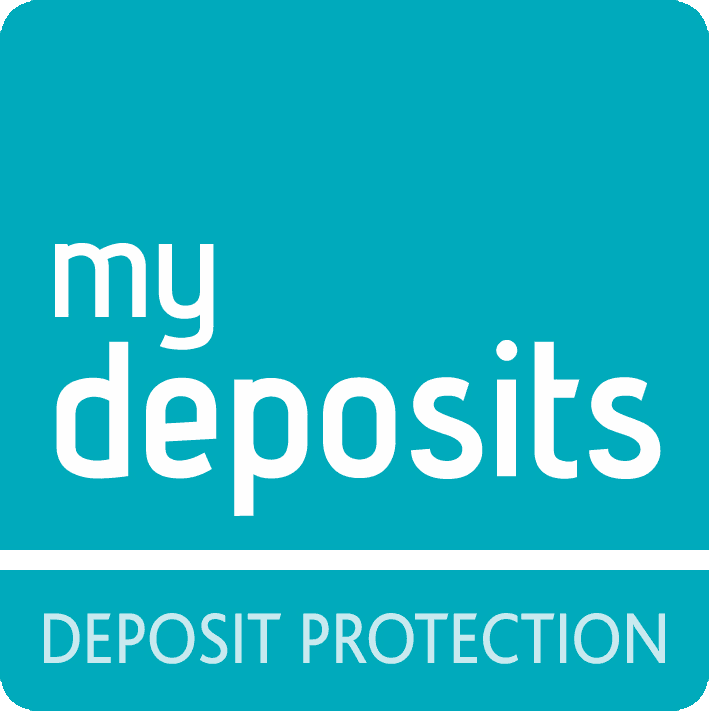Since buy-to-let mortgages came into play in the 1990s, thousands of people have invested in a property to rent out. Some have gone to acquire multiple rental properties and become professional landlords. Others find themselves becoming 'accidental landlords'- For example when an inheritance results in a property becoming available to hold as an investment.
- Buying an investment property
Buying a property to let is considerably different from those you'd buy to reside in yourself. For example, as someone residing at a property you own you might have personal tastes in decorations or choose somewhere with a large garden. Many tenants prefer a property with neutral decoration and a small garden that won't take much maintenance. An investment property should be run as a business not as a personal matter. The property needs to be treated with unemotional business decisions.
- Where to invest in property?
When considering buying an investment property, knowing which areas are most popular with renters is important. Local agents can often advise where their high demand is and what enquiries they get the most. Tenants are often attracted by bedroom amount and the location of the property. You should keep an eye out on the local news that could affect the demand for rental properties.
- Choosing the property
Ask if there is a shortage of a particular type of rental property and go looking for one to buy - it should then let quickly. Sometimes properties are for sale with a tenant already in place - these also tend to have less competition as only investors can buy.
- Calculations
Always consider that there is stamp duty to be paid - Visit the Governments Stamp Duty Calculator: https://www.tax.service.gov.uk/calculate-stamp-duty-land-tax/. You are buying a property for the purpose of generating an income from the rent to be paid by a tenant. This rate of return is called the 'yield' and is calculated by dividing the annual rent by the amount you paid for the property. If a property costs £80,000 and the annual rental income is £8,000, the yield is 10%. However, you will have some costs during the year - such as repairs to the property. This will reduce the annual income.
- Property Values Change
You should also factor in possible changes in the sale value of the property as well as the rent. You should always check the sold prices of the property you're thinking of purchasing. If you buy a property, let it out for a period and then sell it, the value is very likely to have altered. The difference will add or subtract to the overall investment.
- Anticipate
You should always anticipate periods without income. Even though most rental investments are successful, you should stay on the side of caution in your calculations when deciding if you can afford to buy. Sometimes it can take longer than expected to find a tenant or maybe the rental figure is lower than anticipated. There can be void periods between tenancies. All these can reduce the return on your investment.
- Comply with the Law
When a property is rented out, it is a requirement that the tenant is given a copy of the valid Energy Performance Certificate, Gas Safety Certificate and an Electrical Installation Condition Report. If you are letting a fully furnished property, you need to make sure the furniture complies with fire safety legislation. Smoke detectors and CO2 detectors should be fitted and in working order. Check out our Lettings Blogs for more info on Agents and staying compliant as a Landlord.
- Take professional advice
Take professional advice from a financial advisor to find the mortgage that works best for you and your circumstances. Note that if you are already the owner-occupier of the property and it is subject to residential mortgage, the lender will need to know that you are intending to let it out. This may affect the level of your repayments.
- Tax
You must declare your income when you start letting a property and report the rental income on your self-assessment tax return. See our letting blogs for more info on Tax for Landlords.
Still Baffled?
Ask an expert. You can call Dinsdales on 01274 498855 or alternatively email us at This email address is being protected from spambots. You need JavaScript enabled to view it. or This email address is being protected from spambots. You need JavaScript enabled to view it.
Source: OTM








